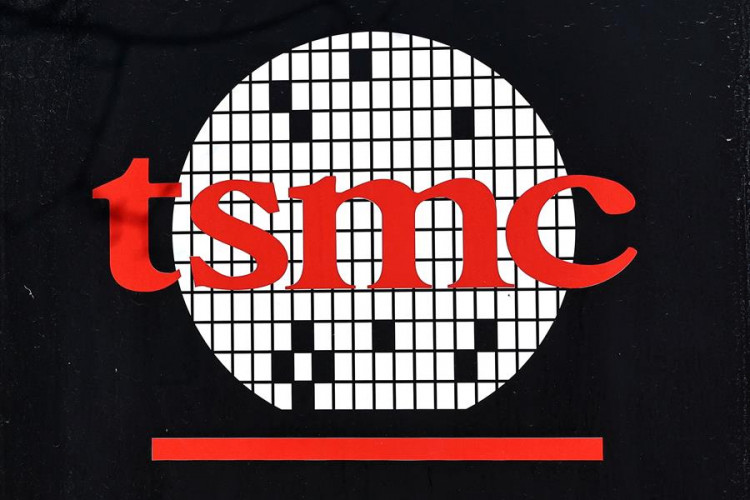Taiwanese chipmaker TSMC intends to build chips using sophisticated 3-nanometer technology at its new factory in Arizona, but the plans have not yet been finalized, according to the company's founder, Morris Chang.
Chang told reporters in Taipei after returning from the APEC conference in Thailand that the 3-nanometer plant would be built on the same site as the 5-nanometer plant in Arizona.
"Three-nanometre, TSMC right now has a plan, but it has not been completely finalized," Chang said. "It has almost been finalized - in the same Arizona site, phase two. Five-nanometre is phase one, 3-nanometre is phase two."
Along with TSMC clients, partners, and U.S. Commerce Secretary Gina Raimondo, Chang stated he would attend.
U.S. President Joe Biden has also been invited, but Chang said he was unsure if he will go.
For TSMC, relocating some of its most cutting-edge technologies to the U.S. is a big deal. It's uncertain when or if Apple will be able to purchase 3nm chips from the Arizona plant, though.
Apple and TSMC have enjoyed a long and fruitful cooperation. The Cupertino giant has always been first in line for TSMC's most advanced nodes, and these chips have always come from Taiwan. However, in light of the recent supply chain disaster, Apple and other firms are searching for ways to diversify their semiconductor sources.
According to reports, TSMC will begin producing 3nm designs at its Arizona fab in early 2024. This might allow Apple to declare that it is using American-made silicon for the first time.
According to a Bloomberg analyst, Apple will use Arizona chips, although they will most likely not be 3nm. Bloomberg's Tim Culpan believes it is largely a "symbolic gesture," according to 9to5mac.
Apple will probably employ mature nodes for less complex components in its flagship smartphones, or SoCs for less prominent items, rather than relying on TSMC for its most complex designs. These include the Apple Watch, Apple TV, HomePod, and AirPods.
Even if the Arizona facility starts producing M-class silicon or A-class circuits for the iPhone, it will do so at a very limited level. 20,000 wafers per month are expected to be produced at TSMC's new facility. In contrast, TSMC presently produces 1.3 million wafers in Taiwan each month as a whole. Thus, only 1.6 percent of that capacity will be offered by the new facility.
In other words, it's more of a marketing push than anything else, as Bloomberg claims.






